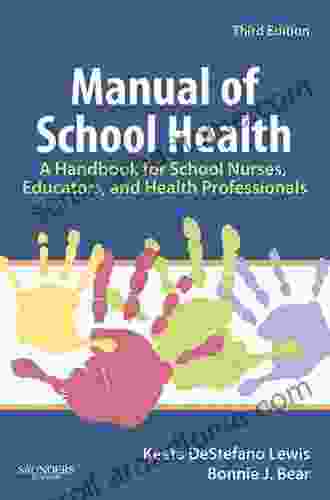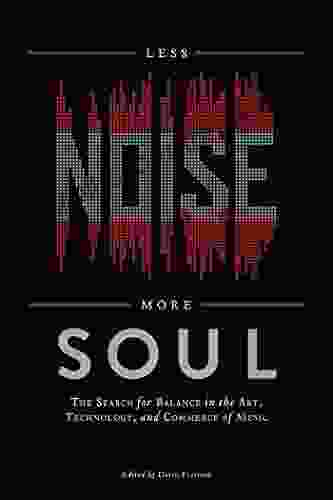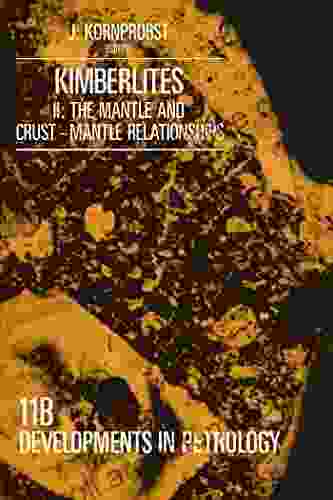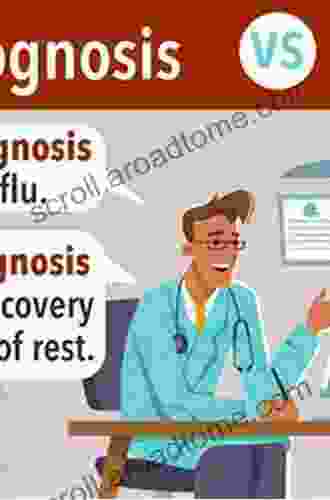Patient Guide To Diagnosis Prognosis And Treatment

When you are diagnosed with a medical condition, it can be overwhelming. You may be unsure of what to do, where to turn, and what the future holds. This guide is designed to help you understand your diagnosis, prognosis, and treatment options.
4.1 out of 5
| Language | : | English |
| File size | : | 4409 KB |
| Text-to-Speech | : | Enabled |
| Screen Reader | : | Supported |
| Enhanced typesetting | : | Enabled |
| Word Wise | : | Enabled |
| Print length | : | 272 pages |
This guide will cover the following topics:
- What is a diagnosis?
- What is a prognosis?
- What are treatment options?
- How to make informed decisions about your care
- Where to find support
What is a Diagnosis?
A diagnosis is a statement that describes a medical condition. It is based on your symptoms, your medical history, and physical examination results, including lab tests and imaging scans. A diagnosis can be made by a doctor, nurse practitioner, or other healthcare provider.
There are many different types of diagnoses. Some diagnoses are specific, such as "diabetes" or "pneumonia." Others are more general, such as "headache" or "back pain." A diagnosis can be made for a physical condition, a mental health condition, or a combination of both.
What is a Prognosis?
A prognosis is a statement that describes the likely outcome of a medical condition. It is based on your diagnosis, your overall health, the severity of your condition, and your response to treatment. A prognosis can be made by a doctor, nurse practitioner, or other healthcare provider.
There are many different types of prognoses. Some prognoses are good, such as when a condition is expected to improve over time. Others are more guarded, such as when a condition is expected to be chronic or life-threatening. A prognosis can change over time, depending on how you respond to treatment.
What are Treatment Options?
Treatment options vary depending on your diagnosis and prognosis. There are many different types of treatments, including medication, surgery, radiation therapy, and chemotherapy. Some treatments are designed to cure a condition, while others are designed to manage symptoms and improve your quality of life.
Your doctor will work with you to develop a treatment plan that is tailored to your individual needs. The goal of treatment is to improve your health and well-being.
How to Make Informed Decisions about Your Care
When you are making decisions about your care, it is important to be informed about your diagnosis, prognosis, and treatment options. This information will help you make choices that are right for you.
There are many ways to get information about your medical condition. You can talk to your doctor, nurse practitioner, or other healthcare provider. You can also read books, articles, or websites about your condition. You can also join a support group or talk to other people who have the same condition.
Once you have gathered information about your medical condition, you can start to make decisions about your care. It is important to weigh the benefits and risks of each treatment option and to consider your personal values and preferences.
Where to Find Support
If you are living with a medical condition, it is important to find support. There are many different ways to get support, including talking to your family and friends, joining a support group, or seeing a therapist.
Support can help you manage the challenges of living with a medical condition. It can also provide you with emotional encouragement and practical assistance.
When you are diagnosed with a medical condition, it can be overwhelming. However, this guide can help you understand your diagnosis, prognosis, and treatment options. With this information, you can make informed decisions about your care and find the support you need to live a healthy and fulfilling life.
4.1 out of 5
| Language | : | English |
| File size | : | 4409 KB |
| Text-to-Speech | : | Enabled |
| Screen Reader | : | Supported |
| Enhanced typesetting | : | Enabled |
| Word Wise | : | Enabled |
| Print length | : | 272 pages |
Do you want to contribute by writing guest posts on this blog?
Please contact us and send us a resume of previous articles that you have written.
 Book
Book Novel
Novel Page
Page Chapter
Chapter Text
Text Story
Story Genre
Genre Reader
Reader Library
Library Paperback
Paperback E-book
E-book Magazine
Magazine Newspaper
Newspaper Paragraph
Paragraph Sentence
Sentence Bookmark
Bookmark Shelf
Shelf Glossary
Glossary Bibliography
Bibliography Foreword
Foreword Preface
Preface Synopsis
Synopsis Annotation
Annotation Footnote
Footnote Manuscript
Manuscript Scroll
Scroll Codex
Codex Tome
Tome Bestseller
Bestseller Classics
Classics Library card
Library card Narrative
Narrative Biography
Biography Autobiography
Autobiography Memoir
Memoir Reference
Reference Encyclopedia
Encyclopedia Edward Haletky
Edward Haletky Cherie Oliver
Cherie Oliver Bryan T Mcneil
Bryan T Mcneil Cantor Matt Axelrod
Cantor Matt Axelrod Bud Harris
Bud Harris C H Saunders
C H Saunders Cat Jarman
Cat Jarman Cacildo Marques
Cacildo Marques Carl Bowen
Carl Bowen Jeff Provine
Jeff Provine Jack J Bauer
Jack J Bauer Caro Savage
Caro Savage Bruce Herschensohn
Bruce Herschensohn Chris St Hilaire
Chris St Hilaire Brittany Churchill
Brittany Churchill Carrie Keagan
Carrie Keagan Carole Pemberton
Carole Pemberton Theresa Hodge
Theresa Hodge Cary David Richards
Cary David Richards Carl Corey
Carl Corey
Light bulbAdvertise smarter! Our strategic ad space ensures maximum exposure. Reserve your spot today!

 Rubén DaríoThe Battle For Leyte Gulf: The Epic Naval Conflict That Changed the Course of...
Rubén DaríoThe Battle For Leyte Gulf: The Epic Naval Conflict That Changed the Course of...
 Jerome BlairHow To Create A Life That Matters To You: Unlock Your Potential and Live a...
Jerome BlairHow To Create A Life That Matters To You: Unlock Your Potential and Live a...
 George OrwellNetworking Technologies, Protocols, and Use Cases for the Internet of Things
George OrwellNetworking Technologies, Protocols, and Use Cases for the Internet of Things
 Colton CarterUnlocking the Secrets of Student Health: The Essential Handbook for School...
Colton CarterUnlocking the Secrets of Student Health: The Essential Handbook for School... Albert CamusFollow ·10.8k
Albert CamusFollow ·10.8k Rod WardFollow ·10.2k
Rod WardFollow ·10.2k Harvey BellFollow ·8.6k
Harvey BellFollow ·8.6k Ricky BellFollow ·10.3k
Ricky BellFollow ·10.3k Marcel ProustFollow ·7.4k
Marcel ProustFollow ·7.4k Darius CoxFollow ·8.8k
Darius CoxFollow ·8.8k Richard AdamsFollow ·9.9k
Richard AdamsFollow ·9.9k Colin RichardsonFollow ·15.3k
Colin RichardsonFollow ·15.3k

 Shawn Reed
Shawn ReedEmbark on a Transformative Journey: Discover Ritual...
Delve into the Enigmatic World of...

 Connor Mitchell
Connor MitchellUnleash Your Soul: A Journey to Less Noise, More Soul
Embrace the Power of Silence...

 Derek Cook
Derek CookRitual Theory, Ritual Practice: Unlocking the Secrets of...
Rituals have been an...

 Evan Hayes
Evan HayesStop the Itch: Simple Steps to Lasting Relief
Itching, an...

 Herman Mitchell
Herman MitchellThe Ultimate Premarital Guide: Your Essential Wedding...
Congratulations on your engagement! This is...

 DeShawn Powell
DeShawn PowellUnlocking the Enigma of the Mantle: A Deep Dive into "The...
Our planet,...
4.1 out of 5
| Language | : | English |
| File size | : | 4409 KB |
| Text-to-Speech | : | Enabled |
| Screen Reader | : | Supported |
| Enhanced typesetting | : | Enabled |
| Word Wise | : | Enabled |
| Print length | : | 272 pages |




